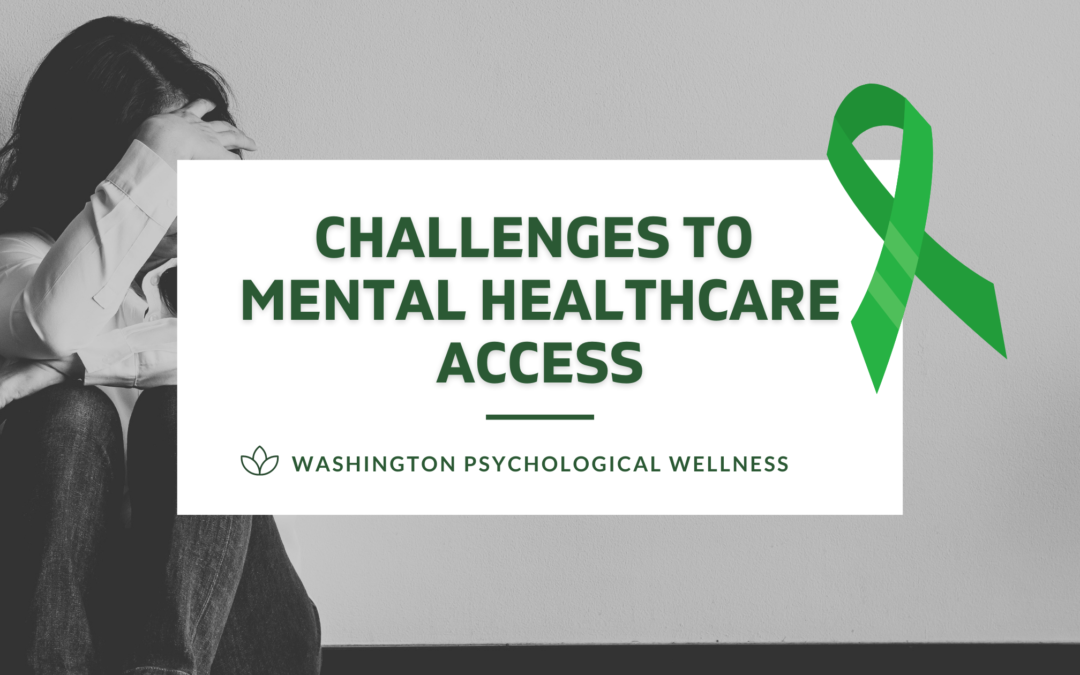Improving Mental Healthcare Access In Ghana: Tackling The Psychiatrist Deficit

Table of Contents
The Scope of the Psychiatrist Deficit in Ghana
H3: Current Statistics: The World Health Organization (WHO) recommends a minimum ratio of psychiatrists to population. Ghana currently falls drastically short of this benchmark, with a significantly lower number of psychiatrists per capita compared to many other countries. Precise figures vary depending on the source, but a consistent trend shows a critical shortage impacting the quality and availability of care. This shortage is a major obstacle to effective mental health service delivery across the nation. Reliable data from the Ghana Health Service and other reputable sources is crucial for accurately portraying the extent of the problem.
H3: Geographic Disparities: The distribution of existing psychiatrists is highly uneven. Urban centers tend to have a higher concentration of professionals, leaving rural communities severely underserved. This geographical disparity creates significant barriers for individuals in remote areas seeking essential mental healthcare. Data highlighting the disparity between urban and rural access to psychiatric care, collected through surveys and health facility records, would be necessary to further illustrate this problem.
- Limited access to mental health services in rural communities: Many individuals in rural areas lack transportation and resources to reach psychiatrists in urban centers.
- Long waiting times for appointments in urban centers: The concentration of patients in urban areas puts strain on existing resources, resulting in extended waiting times for appointments.
- Unequal access to specialized care based on location and socioeconomic status: Socioeconomic factors further exacerbate the existing inequalities in mental healthcare access, with vulnerable populations facing the greatest challenges.
Strategies to Increase the Number of Psychiatrists
H3: Investing in Medical Education: Ghana needs significantly increased funding for psychiatric training programs within its medical schools. This includes expanding the number of residency positions in psychiatry, providing modern teaching facilities, and attracting highly skilled lecturers specializing in the field. Investing in education is a long-term strategy but crucial for sustainable improvement.
H3: Scholarships and Incentives: Attracting students to the field of psychiatry requires significant investment in scholarships, loan forgiveness programs, and competitive salaries. These incentives will make psychiatry a more appealing career path for young doctors, counteracting the current perception of it as a less lucrative specialty compared to others.
H3: Collaboration with International Organizations: Partnering with international organizations and institutions experienced in mental health capacity building can significantly enhance training programs and knowledge exchange. This can involve bringing in expert trainers, providing access to advanced resources, and facilitating collaborative research.
- Increase the number of residency positions in psychiatry: More training slots are needed to accommodate a greater number of aspiring psychiatrists.
- Develop specialized training programs in underserved areas: This includes training programs tailored to address the specific mental health needs of rural communities.
- Offer mentorship programs for aspiring psychiatrists: Mentorship and support are crucial to guide young professionals during their training and early career.
Expanding Access to Mental Healthcare Beyond Psychiatrists
H3: Training and Empowering Primary Healthcare Workers: Training nurses, community health workers, and other primary healthcare providers to identify and manage common mental health conditions is crucial. This task-shifting approach empowers them to provide initial care and support, reducing the burden on psychiatrists and expanding access to care.
H3: Utilizing Technology for Telehealth: Telehealth offers a powerful solution to bridge geographical barriers. Utilizing technology, such as video conferencing and mobile applications, allows psychiatrists and other mental health professionals to reach patients in remote areas. This has the potential to dramatically improve access, particularly in underserved regions.
H3: Reducing Stigma Through Public Awareness Campaigns: Addressing the stigma surrounding mental illness requires comprehensive public awareness campaigns. These campaigns should aim to educate the public about mental health, promote help-seeking behaviors, and create a more supportive environment for individuals struggling with mental health challenges.
- Implement mental health awareness programs in schools and communities: Education should start early, reducing stigma among young people and promoting understanding.
- Develop culturally sensitive educational materials: Materials must resonate with diverse communities and address cultural beliefs and practices surrounding mental illness.
- Utilize social media and other platforms to spread awareness: Using modern communication channels helps reach a wider audience effectively.
Policy and Regulatory Changes to Support Mental Healthcare
H3: Increased Government Funding: Significant government investment is required to build and maintain mental healthcare infrastructure and services. This includes funding for training programs, telehealth initiatives, and community-based mental health programs.
H3: Integration of Mental Health into Primary Care: Integrating mental healthcare into the existing primary healthcare system ensures better accessibility. Training primary care physicians to screen for and manage common mental health problems creates a crucial first point of contact for many patients.
H3: Development of a National Mental Health Policy: A comprehensive national mental health policy is vital to guide the development and implementation of mental health services across the country. This policy should address all aspects of mental healthcare, from training and resources to funding and community engagement.
- Establish clear guidelines for mental health service provision: This includes standards for diagnosis, treatment, and care.
- Develop a robust mental health referral system: A well-functioning referral system is essential for connecting patients with specialized care when needed.
- Monitor and evaluate the effectiveness of mental health policies and programs: Regular monitoring and evaluation are necessary to ensure that programs are effective and efficient.
Conclusion
Improving mental healthcare access in Ghana requires a multifaceted approach that directly addresses the critical shortage of psychiatrists and invests in broader system improvements. Strategies such as increased investment in medical education, the utilization of telehealth technologies, and the empowerment of primary healthcare workers are crucial for expanding access to mental health services. Addressing the psychiatrist deficit is crucial for improving mental healthcare access in Ghana. We must work collaboratively – government, NGOs, healthcare providers, and the community – to develop and implement effective strategies to provide mental health support to all those in need. Let's work together to advocate for change and create a healthier future for all Ghanaians, ensuring equitable access to mental wellness in Ghana.

Featured Posts
-
 Christina Aguileras Altered Image A Look At The Photoshop Controversy
May 02, 2025
Christina Aguileras Altered Image A Look At The Photoshop Controversy
May 02, 2025 -
 Superkrispiga Kycklingnuggets Majsflingor And Fraesch Asiatisk Sallad
May 02, 2025
Superkrispiga Kycklingnuggets Majsflingor And Fraesch Asiatisk Sallad
May 02, 2025 -
 Fortnite Issues Refunds A Sign Of Cosmetic Overhaul
May 02, 2025
Fortnite Issues Refunds A Sign Of Cosmetic Overhaul
May 02, 2025 -
 Souness On Rashford Aston Villa Transfer Advice
May 02, 2025
Souness On Rashford Aston Villa Transfer Advice
May 02, 2025 -
 Overvolle Tbs Klinieken De Gevolgen Van Jarenlange Onderbezetting
May 02, 2025
Overvolle Tbs Klinieken De Gevolgen Van Jarenlange Onderbezetting
May 02, 2025
